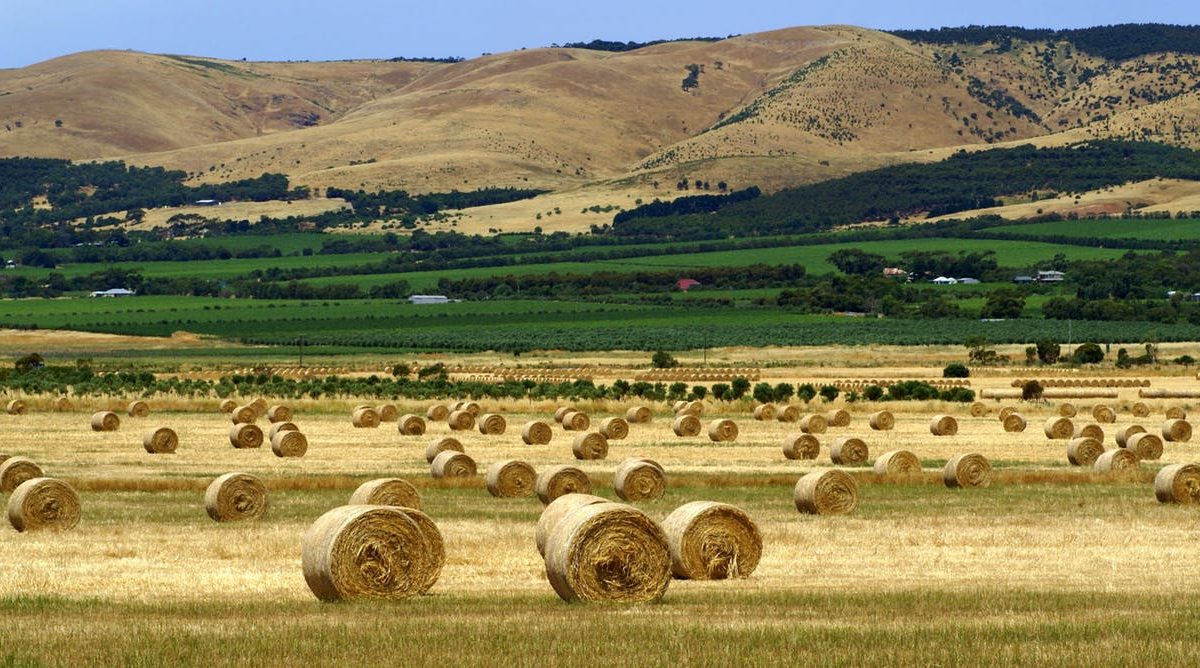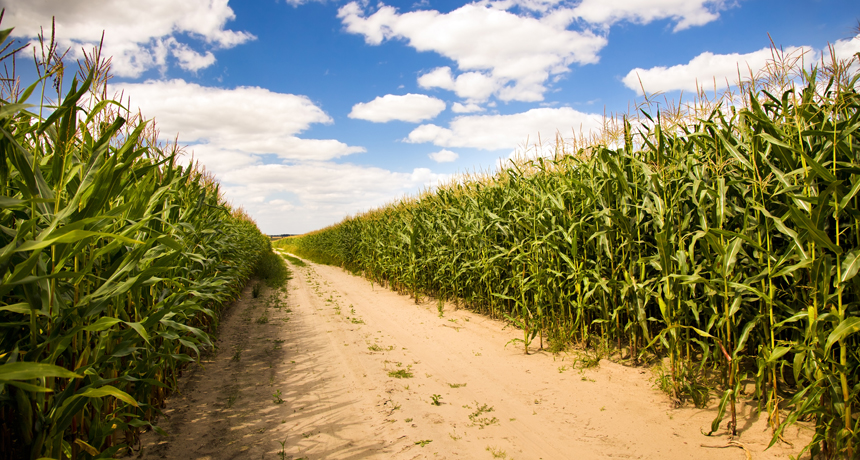Agriculture has wider effect than many know
Hello world!
December 28, 2018
Area Business Representative (Johor, Kedah, Melaka, Penang, Selangor)
January 2, 2019September 28, 2011
Agriculture has wider effect than many know
Did you know that over 37 percent – 162,000 acres – of Mercer County is farmland?
According to the National Agricultural Statistics Service, this percentage is divided among 1,240 farms. These farms produce over $60 million in cash receipts with the leading product being dairy. Field crop production, as well as poultry and livestock are also prominent agricultural cash receipts for the county. As you can see, the value of production agriculture is critical to the economy of this region.
An AgImpacts analysis provided by Penn State Cooperative Extension and the Penn State Agricultural Economics and Rural Sociology Department suggests that the amount of farmland and the number of farms in the county are important indicators when determining the effect of agriculture on the local economy. In Pennsylvania and in Mercer County, both the number of farms and the number of acres in agriculture have declined over time.
According to the study, there are at least two reasons for this loss. The first reason is increasing demand for land for residential and commercial development. This has, in some places, driven up its price to a point where it is more profitable to sell the land than it is to farm it. Another reason for the loss is the increased productivity of agriculture due to technological progress. As farms become more productive, less land is needed to produce the same amount of output. If productivity grows faster than demand, then fewer productive acres are needed. If demand for production increases, then it is necessary to utilize the land that is in production, as well as secure additional land that can be put back into production.
The bottom line: It is essential to protect viable farmland in order to maintain or increase productivity and to secure a strong future for agriculture.
To curb the continuing loss of farmland in the area, Mercer County has enrolled over 6,000 acres in the Farmland Preservation Program. According to the state Department of Agriculture, this easement purchase program was developed in 1988 to help slow the loss of prime farmland to nonagricultural uses. This program enables state, county and local governments to buy conservation easements, sometimes called development rights, from owners of quality farmland.
Counties participating in the program have appointed agricultural land preservation boards, with a state board created to oversee the program.
The state board is responsible for distribution of state funds and approval and monitoring of county programs and specific easement purchases. As recognized by the American Farmland Trust, Pennsylvania’s state-level easement purchase program has protected more farmland than any other such state-level program in the country.
Not only is direct agricultural production essential to Mercer County and northwest Pennsylvania, it is also vital when considering this industry from an employment standpoint. Agriculture’s contribution to the local economy is even more pronounced when considering its ripple effects. An example depicted by the AgImpacts study: Because farms need to purchase inputs (seed and fertilizer) to produce their commodities, they can create jobs in the local economy beyond the farm gate. Similarly, farm workers use their income to buy goods and services in the local economy, generating still more jobs in the county.
Next time you are driving down the road and see a farmer harvesting a crop in a field or some cows grazing in the pasture, consider the importance that these practices have on the economy of Mercer County.
Erin Cuprinka is Agricultural Enterprise Development educator with Mercer County Cooperative Extension.



